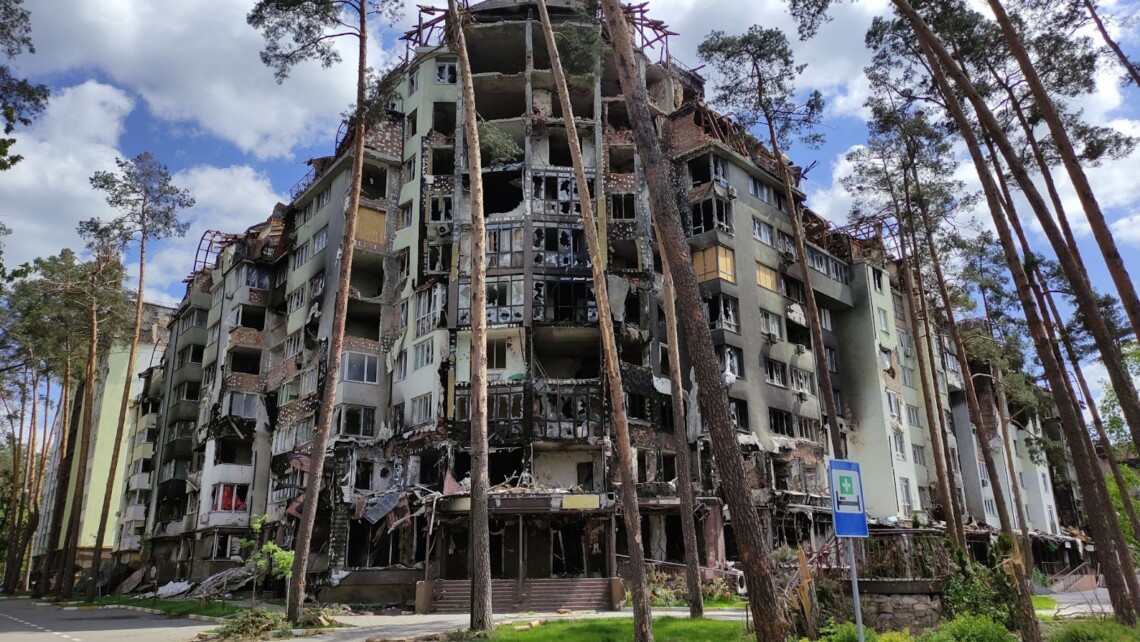Lawyer
The destruction of residential buildings is a serious violation of human rights to housing and can have significant material and moral consequences for the victims. Civil liability for such actions includes compensation for damages and restoration of violated rights. In this article, we will consider the key aspects of civil liability for the destruction of residential buildings, including the role of legal advice, document analysis, legal opinion and legal opinion of an attorney.
Consultation of a lawyer
Consulting a lawyer is an important step for people who are faced with the issue of the destruction of their home. The lawyer provides clarification on the legal norms governing the protection of housing rights and helps determine possible legal actions to protect the client's interests. The consultation includes an assessment of the legal consequences of the destruction of a residential building and providing recommendations on further actions.
Analysis of documents
The analysis of documents is a critical stage in establishing the facts of the destruction of a residential building and determining the amount of damage caused. The lawyer checks all available documents related to the event, including title deeds to housing, inspection reports, expert opinions, photographs and other evidence. The analysis of documents allows to determine the legal status of housing, to establish the reasons and circumstances of its destruction, as well as to identify the guilty parties.
Legal opinion
A legal opinion is the result of a detailed analysis of documents and the legal situation. The conclusion notes all identified legal aspects, provides recommendations for further actions and offers a legal strategy. The legal opinion includes an assessment of the possible consequences for guilty persons, including civil liability and the obligation to compensate for damages, and also determines the legal grounds for prosecution.
Legal opinion of the lawyer
The legal opinion of a lawyer is especially important in cases where the case of the destruction of residential buildings is considered in court or other legal authorities. Based on an in-depth analysis of the legal situation and the provided documents, the lawyer prepares a legal opinion that can be used in court as an evidentiary basis. Such an opinion contains legal arguments based on current legislation and judicial practice and helps to protect the interests of the client in the legal process.
Types of civil liability
Damages: Offenders may be required to pay damages, including the cost of rebuilding or building a new home, as well as compensation for lost property and moral damages.
Restoring the original condition: In some cases, it is possible to require the guilty persons to restore the destroyed housing to its original condition.
Compensation for non-pecuniary damage: Destruction of housing often leads to serious moral suffering, so victims have the right to claim compensation for non-pecuniary damage.
Conclusion
Civil liability for the destruction of residential buildings is an important tool for protecting citizens' rights to housing. A lawyer's consultation, document analysis, legal opinion and legal opinion of a lawyer play a key role in identifying the guilty parties, assessing the consequences and securing compensation for damages. Adherence to legal norms and ensuring fair consideration of such cases is important for protecting housing rights and maintaining law and order in society.





























